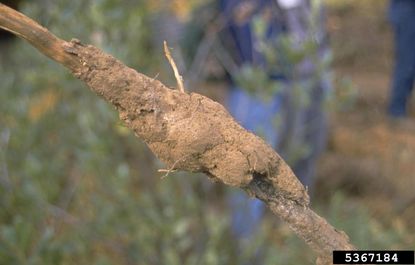Apricots
There's nothing like eating a fresh, ripe apricot straight from the tree, especially when you’ve grown it yourself. Apricots are fruits that can be grown by anyone. The trees are easy to care for when you become familiar with apricot growing conditions and common apricot problems. Here you will find information on caring for apricots in the garden and how to tackle pests and disease.
-
Apricot Texas Root Rot – Treating Apricots With Cotton Root Rot
One of the most significant diseases to attack apricots in the southwestern United States is apricot cotton root rot, also referred to as apricot Texas root rot due to the prevalence of the disease in that state. Learn more about this disease here and get tips on its control.
By Amy Grant
-
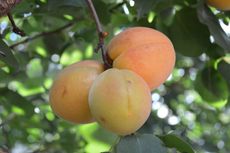
Reasons For An Apricot Tree Not Producing
Apricots are fruits that can be grown by anyone. While easily grown, however, there are times when fruiting doesn't occur. This article explains why the non-fruiting of apricots may happen.
By Kathee Mierzejewski
-
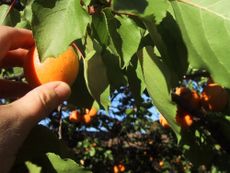
Picking Apricots: When And How To Harvest An Apricot
An excellent source of nutrients, the questions addressed within this article pertain to apricot harvesting. Learn when and how to harvest an apricot, so you can enjoy their benefits.
By Amy Grant
-
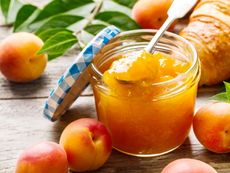
How To Preserve Apricots From The Garden
If you have an apricot tree or two, you might have more fruit than you know what to do with. Click to learn how to deal with all that excess.
By Amy Grant
-
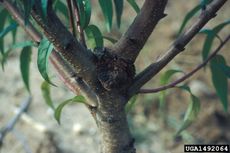
Apricot Crown Gall Symptoms: How To Treat Apricot Crown Gall Disease
An apricot with crown gall is a cause for concern. What causes apricot crown gall and how do you recognize the signs? Further information from the following article will be revealed to help you know how to treat apricot crown gall and protect these wonderful fruits.
By Bonnie L. Grant
-
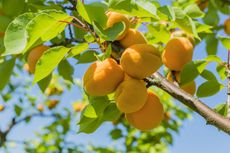
What Causes Apricot Waterlogging: What To Do For Waterlogged Apricot Trees
Waterlogging is exactly what it sounds like. Waterlogged apricot trees are generally planted in poorly drained soil which leaves roots soaked and drowning. Once this happens, it is difficult to fix, but the issue is very easy to prevent. Learn more here.
By Bonnie L. Grant
-
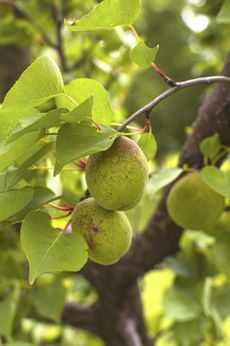
Apricot Thinning: How And When Should I Thin My Apricot Tree
If you have an apricot tree in your garden, you're probably asking yourself, "Should I thin my apricot tree?" The answer is yes, and here's why: apricot trees often set more fruit than the tree can support. This article will help with thinning apricots.
By Mary H. Dyer
-
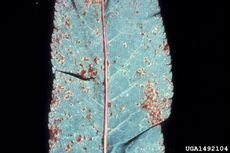
Apricot Rust Control – How To Treat Rust On Apricot Trees
Rust on apricot trees is the most common disease of this fruit tree. If you have or want apricot trees in your backyard, click this article. We’ll give you information on apricots with rust fungus and techniques for controlling apricot rust.
By Teo Spengler
-
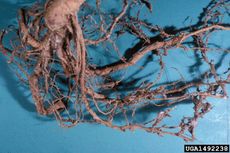
Apricot Nematode Problems – Treating Apricots With Root Knot Nematodes
Controlling root knot nematodes of apricot involves a combination of approaches, including planting disease-resistant varieties, along with sanitation and other cultural practices. Click this article to learn more about apricot nematode problems.
By Mary H. Dyer
-
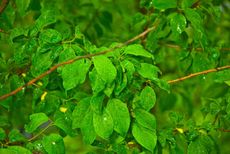
Apricot Not Blooming: Why There Are No Flowers On Apricot Trees
Fresh apricots are a dream of many gardeners, but without blooms those fruits will never be. Find out how to encourage your apricot tree to bloom reliably in this article, and reasons an apricot tree won?t flower.
By Kristi Waterworth
-
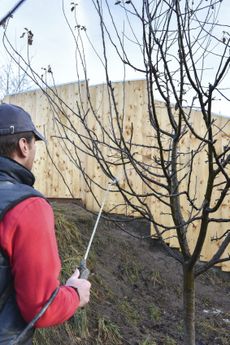
Spraying Apricot Trees – When To Spray Apricot Trees In The Garden
If you want a healthy apricot tree, it's essential to stay ahead of the game, and that means keeping up a rigorous spraying schedule. Click the article that follows to learn more about spraying apricot trees for pests.
By Liz Baessler
-
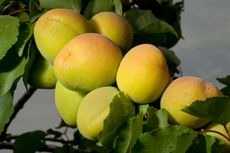
Apricots Do Not Ripen: Why Do My Apricots Stay Green On Tree
If you are lucky enough to have an apricot tree in your yard, you may wonder "why do my apricots stay green" and what can be done with apricots that do not ripen? This article will help apricot fruit not ripe falling from the tree.
By Amy Grant
-
Stone Fruit Yellow Of Apricots – Treating Apricots With Phytoplasma
The apricot phytoplasma, Candidatus Phytoplasma prunorum, is the pathogen responsible for this infection that afflicts not only apricots, but over 1,000 plant species worldwide. The following article examines the causes and treatment options for apricots with phytoplasma.
By Amy Grant
-
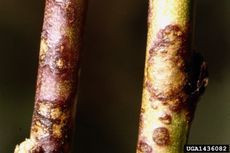
Apricot Scab Treatment – How To Manage Apricots With Peach Scab
Most apricots with peach scab are those grown in home orchards since commercial growers take precautions to prevent it. Click on the following article for tips on how to stop apricot scab from ruining your backyard fruit production.
By Teo Spengler
-
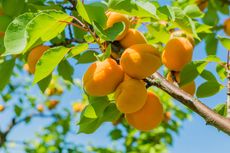
Feeding Apricot Trees: When And How To Fertilize An Apricot Tree
Who doesn’t enjoy the little juicy gems produced by apricot trees? Growing a couple apricot trees in your backyard orchard is not difficult. However, there are a few things you need to know beforehand – like fertilizing. To find out more, click here.
By Mary Ellen Ellis
-
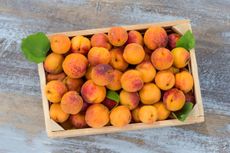
How To Store Apricots: Learn About Post-Harvest Care Of Apricots
Apricots are known for their delicacy and are harvested before fully ripe. An apricot post-harvest is often subjected to crowding, bumping and jostling, which can bruise the fruit. A few apricot handling tips can help you enjoy it weeks down the line. Learn more here.
By Bonnie L. Grant
-
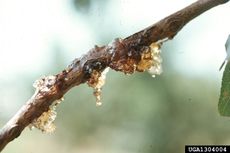
Apricot Fungal Gummosis – How To Treat Apricot Gummosis
One key aspect to the production of a bountiful harvest is proper tree care and, of course, maintaining healthy conditions in the orchard. By doing so, growers are able to better avoid complications from various fungal issues, such as gummosis of apricots. Learn more here.
By Tonya Barnett
